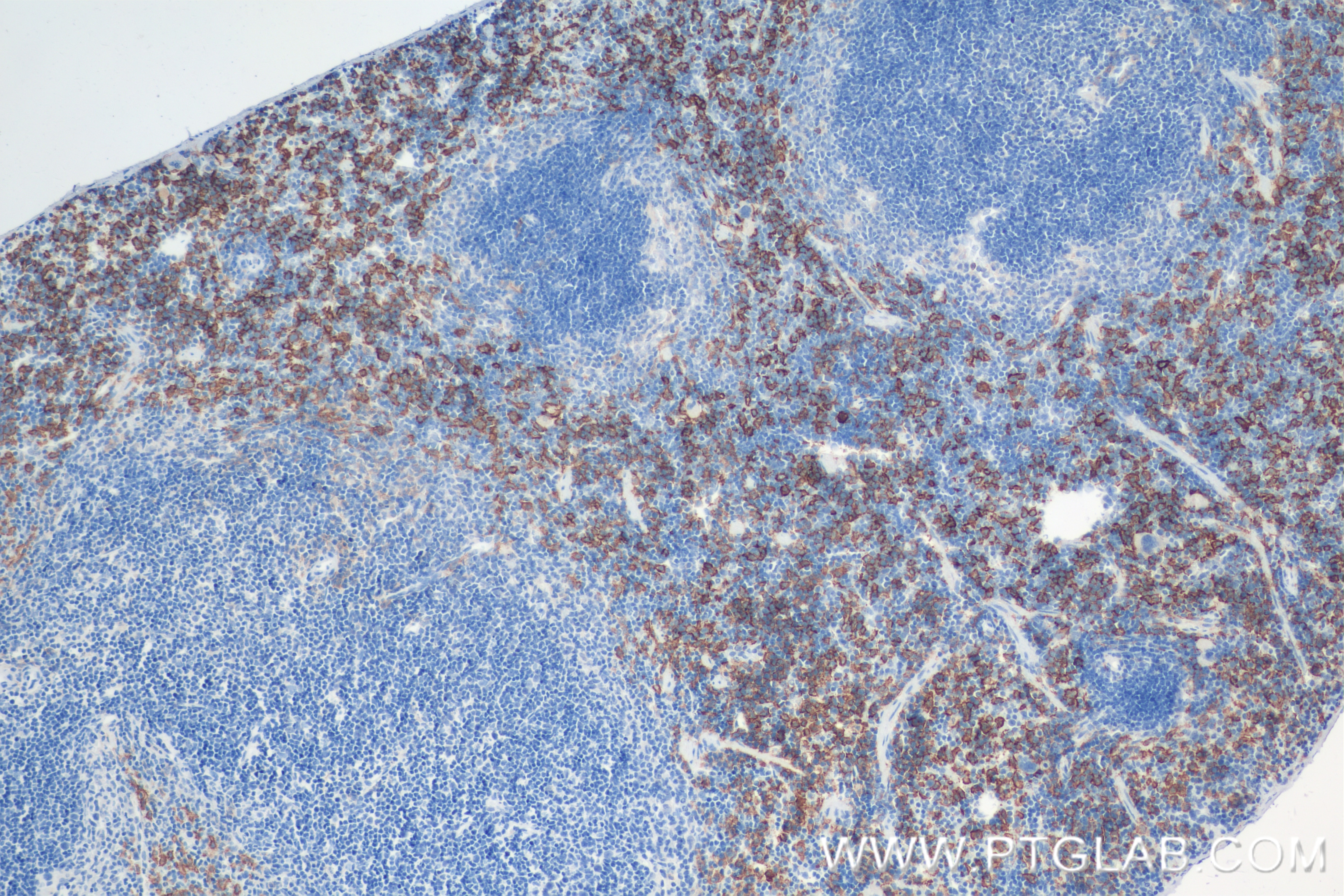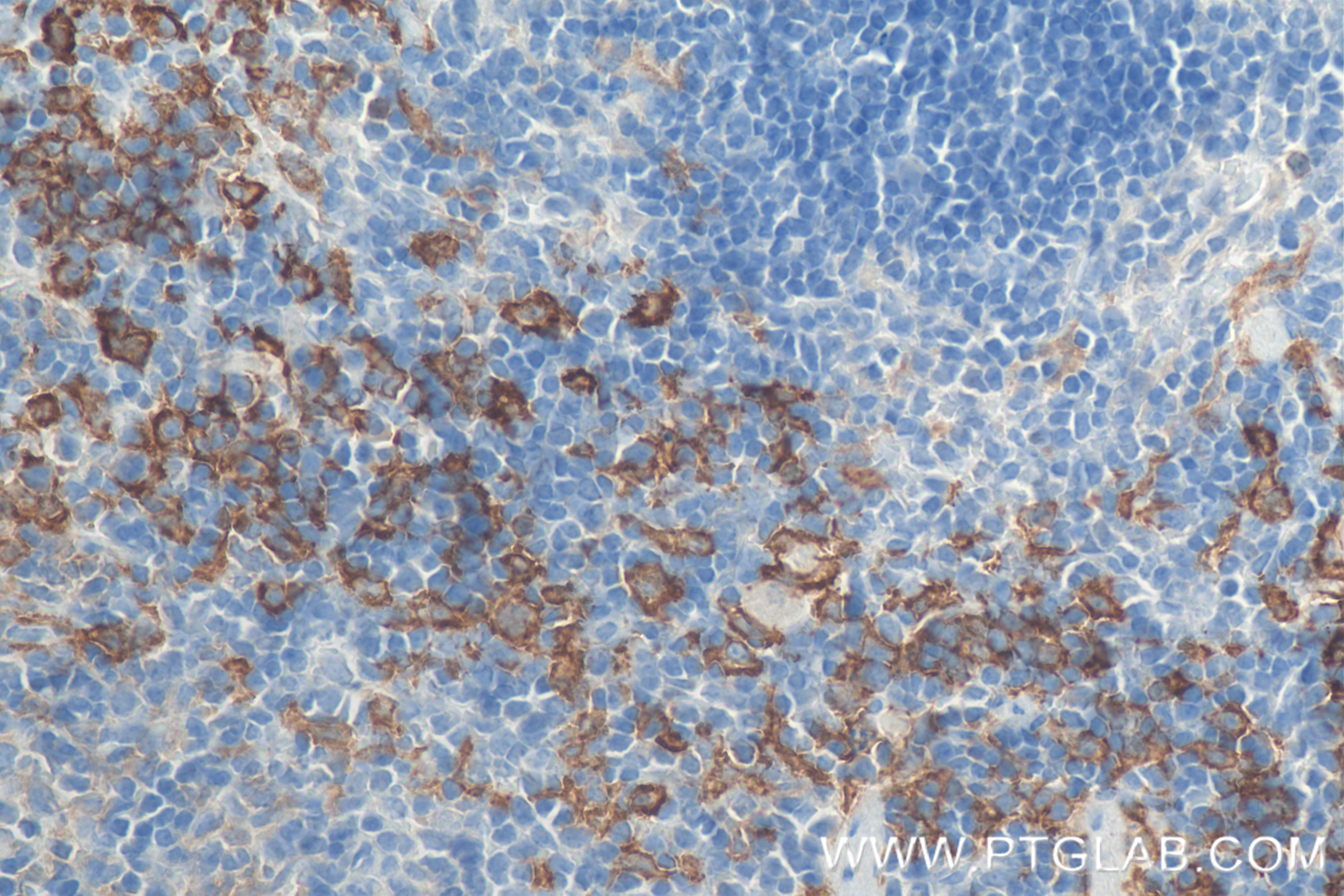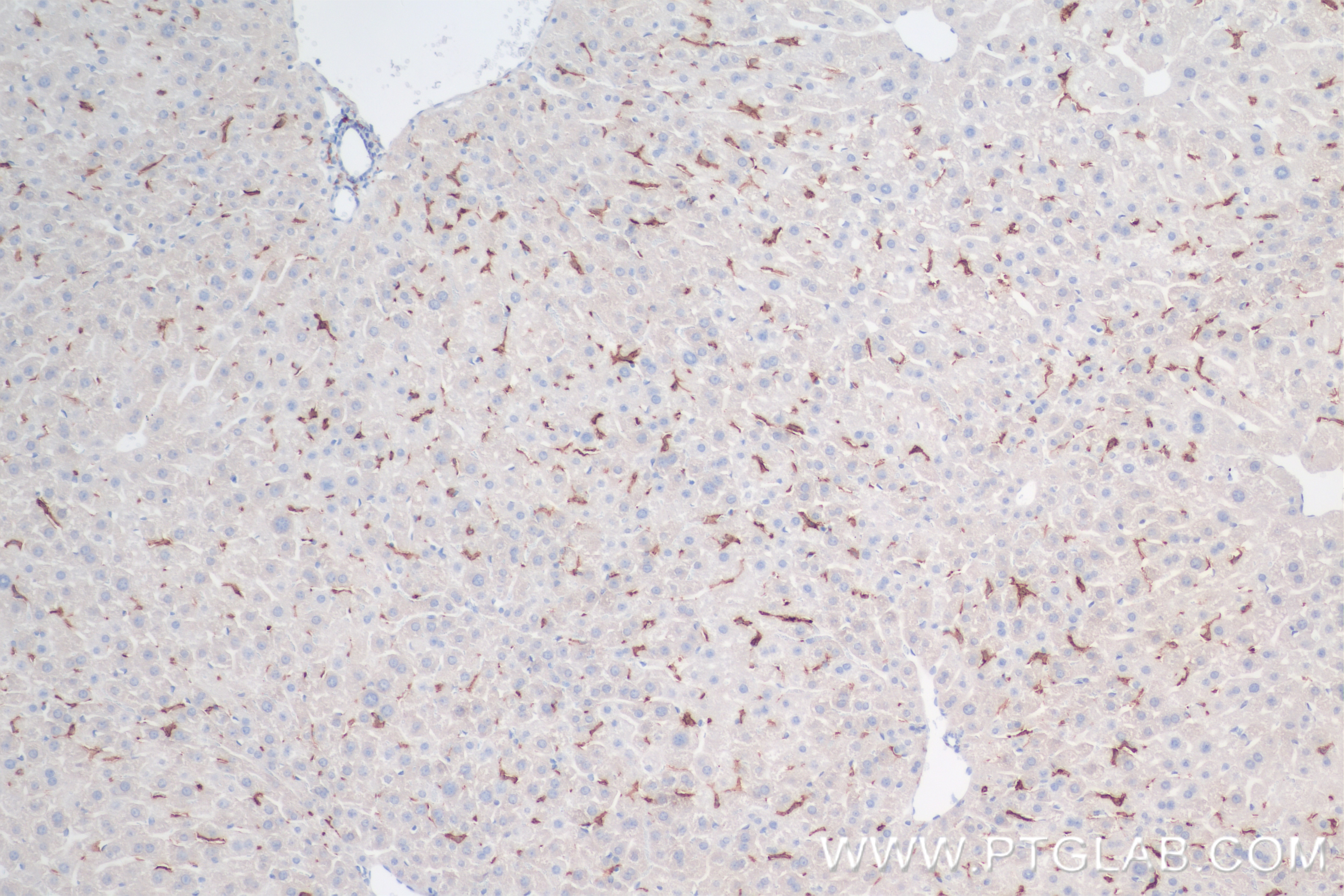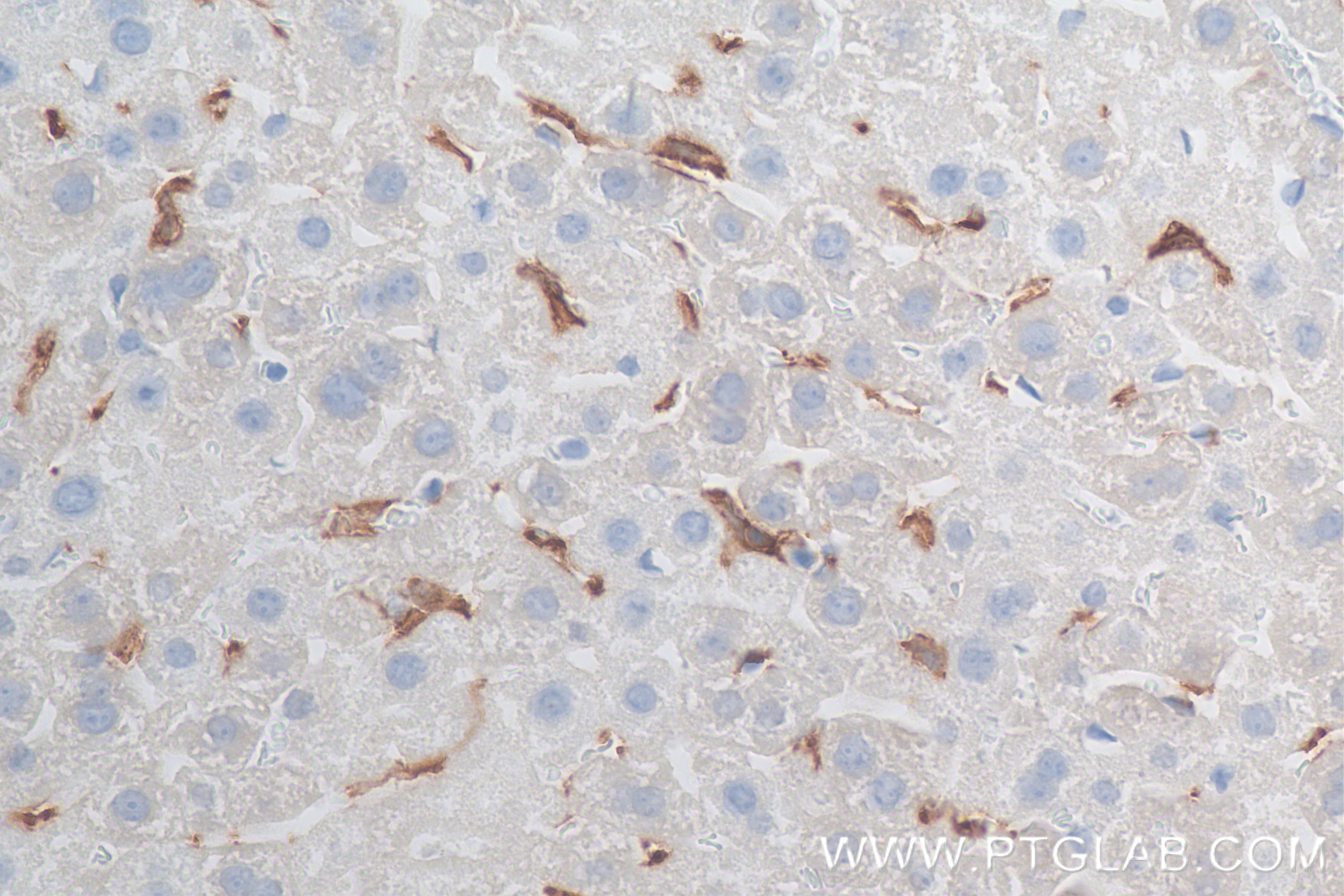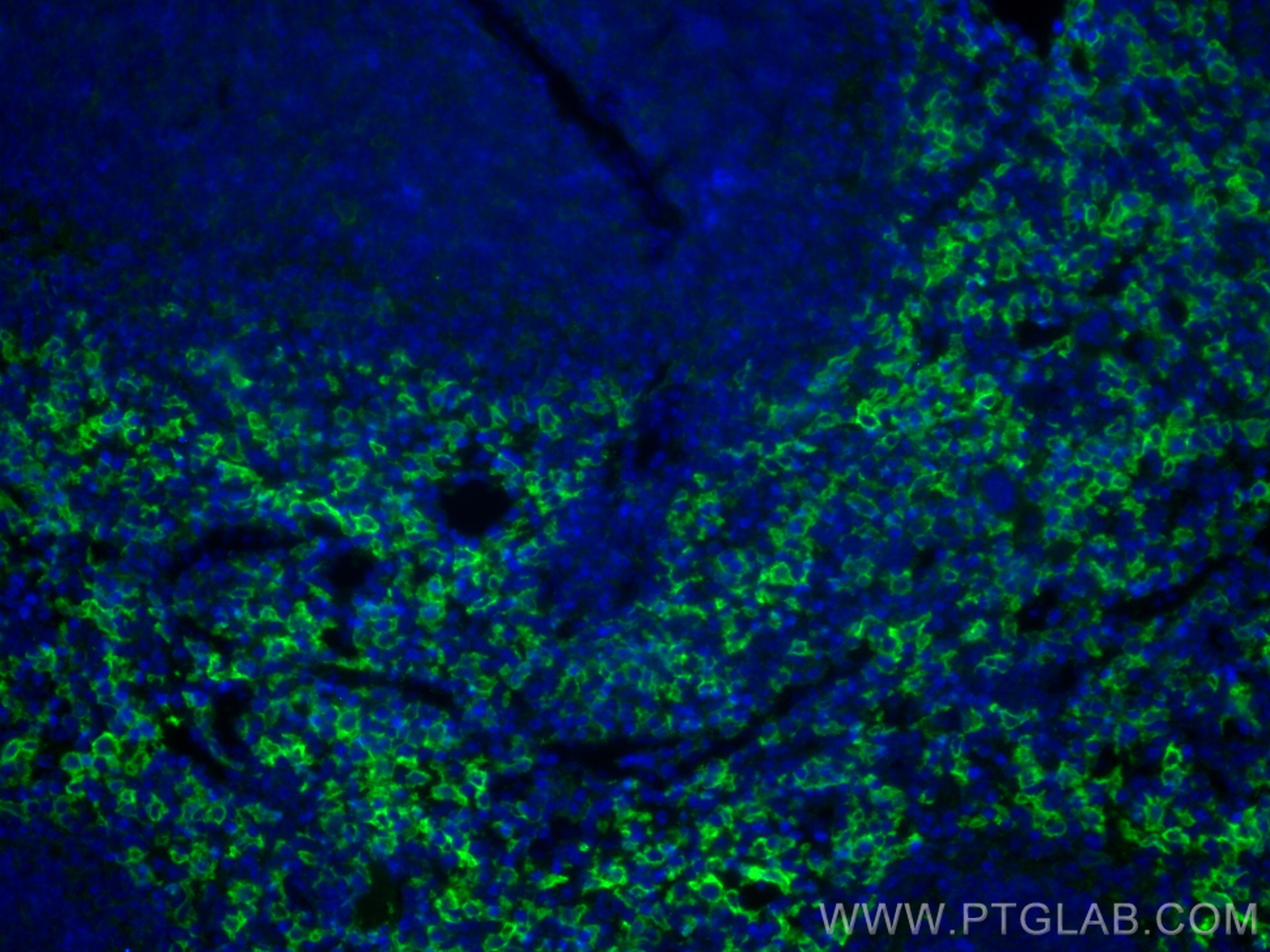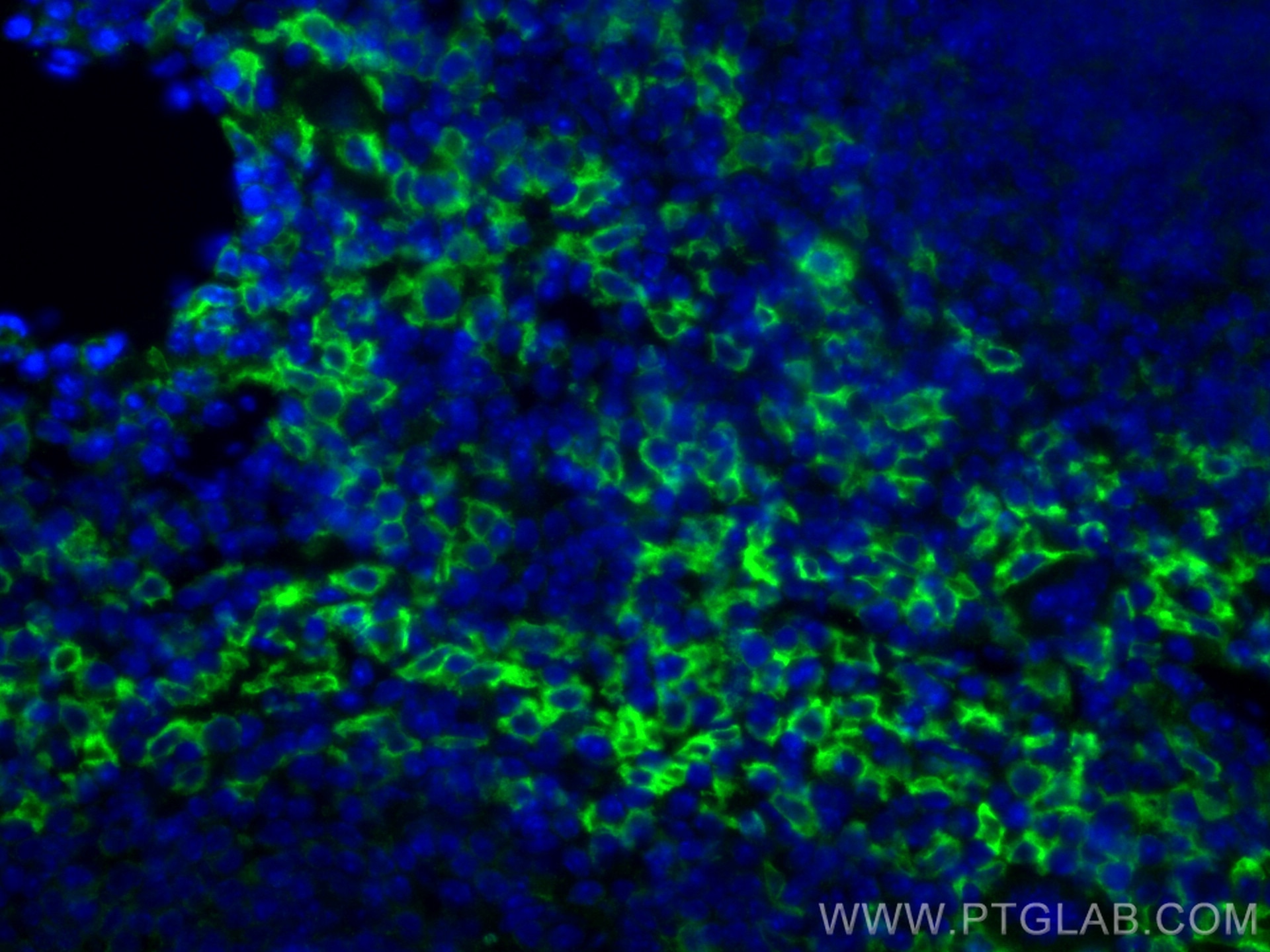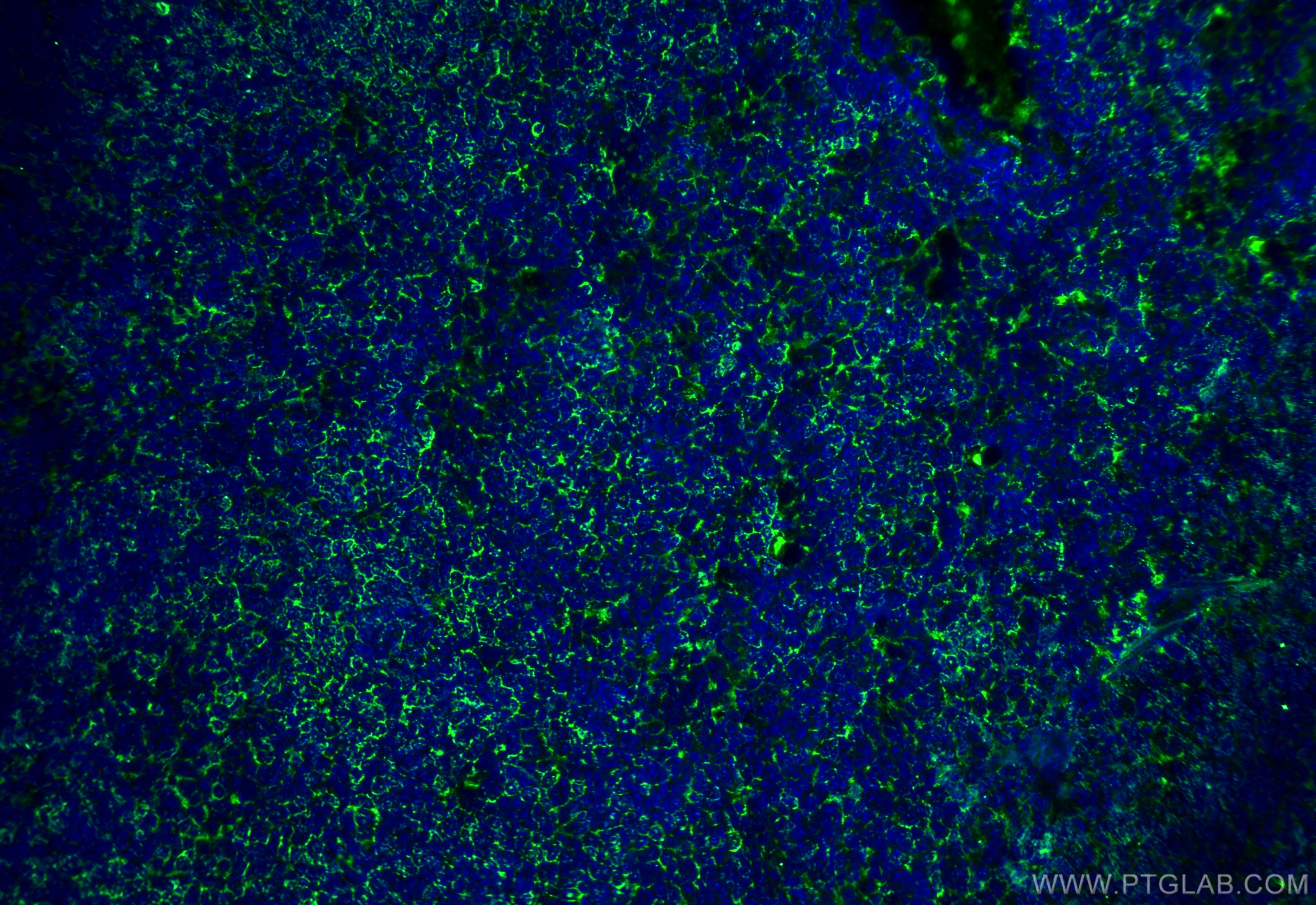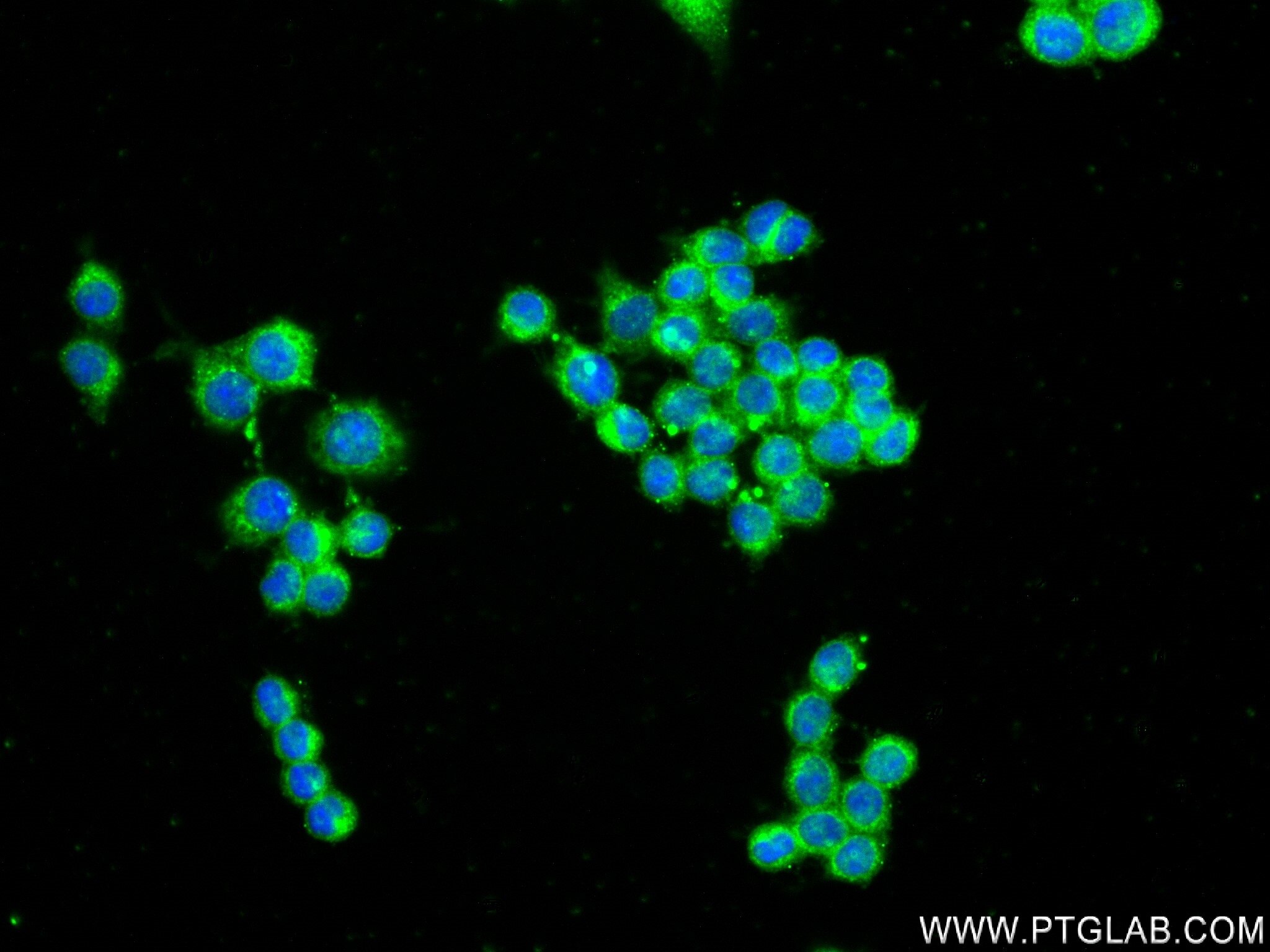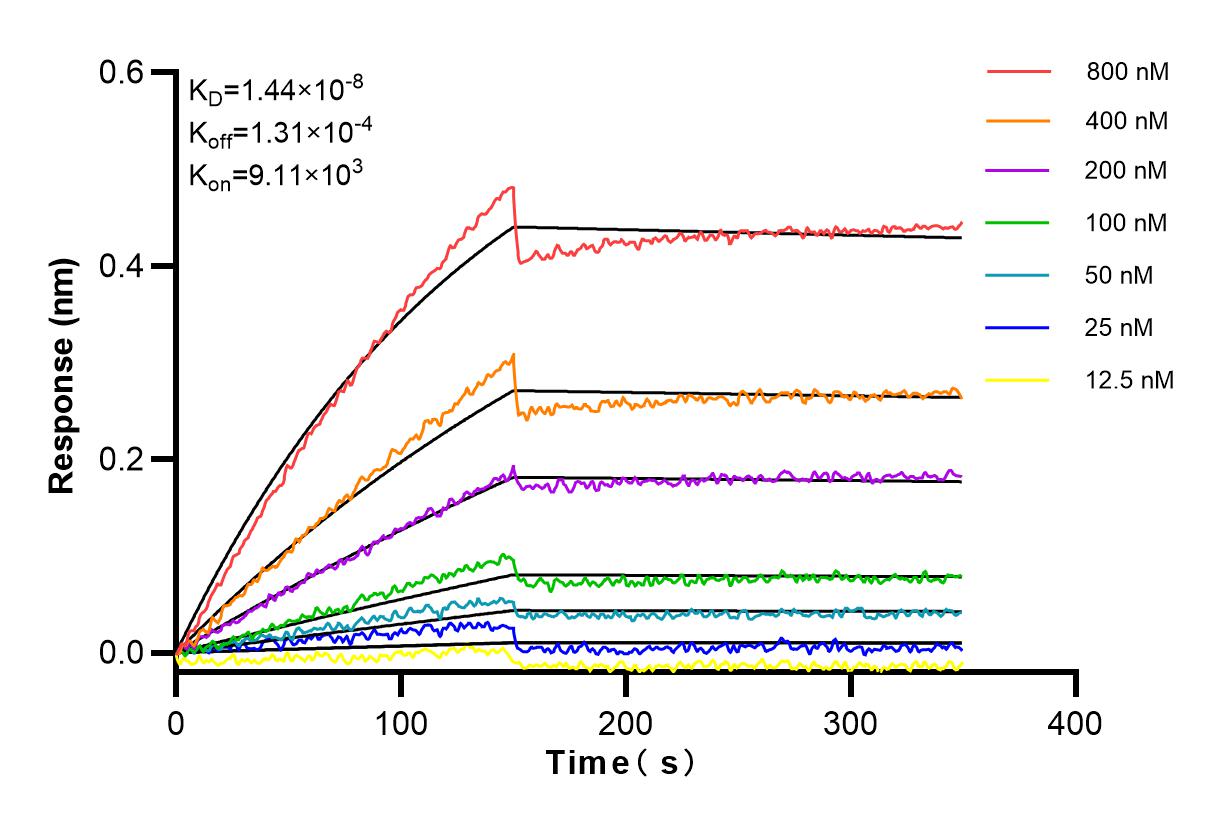Validation Data Gallery
Tested Applications
| Positive IHC detected in | mouse spleen tissue, mouse liver tissue Note: suggested antigen retrieval with TE buffer pH 9.0; (*) Alternatively, antigen retrieval may be performed with citrate buffer pH 6.0 |
| Positive IF-P detected in | mouse spleen tissue, RAW 264.7 cells |
| Positive IF-Fro detected in | mouse spleen tissue |
| Positive IF/ICC detected in | RAW 264.7 cells |
Recommended dilution
| Application | Dilution |
|---|---|
| Immunohistochemistry (IHC) | IHC : 1:2000-1:3000 |
| Immunofluorescence (IF)-P | IF-P : 1:750-1:3000 |
| Immunofluorescence (IF)-FRO | IF-FRO : 1:50-1:500 |
| Immunofluorescence (IF)/ICC | IF/ICC : 1:125-1:500 |
| It is recommended that this reagent should be titrated in each testing system to obtain optimal results. | |
| Sample-dependent, Check data in validation data gallery. | |
Published Applications
| IF | See 2 publications below |
Product Information
81668-1-RR targets F4/80 in IHC, IF/ICC, IF-P, IF-Fro, ELISA applications and shows reactivity with mouse samples.
| Tested Reactivity | mouse |
| Cited Reactivity | mouse |
| Host / Isotype | Rabbit / IgG |
| Class | Recombinant |
| Type | Antibody |
| Immunogen | F4/80 fusion protein Ag28252 相同性解析による交差性が予測される生物種 |
| Full Name | EGF-like module containing, mucin-like, hormone receptor-like sequence 1 |
| Calculated molecular weight | 102 kDa |
| GenBank accession number | NM_010130 |
| Gene Symbol | F4/80 |
| Gene ID (NCBI) | 13733 |
| RRID | AB_2935571 |
| Conjugate | Unconjugated |
| Form | Liquid |
| Purification Method | Protein A purification |
| UNIPROT ID | Q61549 |
| Storage Buffer | PBS with 0.02% sodium azide and 50% glycerol , pH 7.3 |
| Storage Conditions | Store at -20°C. Stable for one year after shipment. Aliquoting is unnecessary for -20oC storage. |
Background Information
Mouse F4/80, also named as EMR1 and Gpf480, is a 160kd cell surface glycoprotein which is a member of the EGF TM7 family. The F4/80 molecule is solely expressed on the surface of macrophages and serves as a marker for mature macrophage tissues, including Kupffer cells in liver, splenic red pulp macrophages, brain microglia, gut lamina propria and Langerhans cells in the skin. The function of F4/80 is unclear, but it is speculated to be involved in macrophage adhesion events, cell migration or as a G protein-coupled signaling component of macrophages.
Protocols
| Product Specific Protocols | |
|---|---|
| IHC protocol for F4/80 antibody 81668-1-RR | Download protocol |
| IF protocol for F4/80 antibody 81668-1-RR | Download protocol |
| Standard Protocols | |
|---|---|
| Click here to view our Standard Protocols |
Publications
| Species | Application | Title |
|---|---|---|
bioRxiv Integrin alpha1 beta1 promotes interstitial fibrosis in a mouse model of polycystic kidney disease | ||
Cell Rep The rebalancing of the immune system at the maternal-fetal interface ameliorates autism-like behavior in adult offspring |
